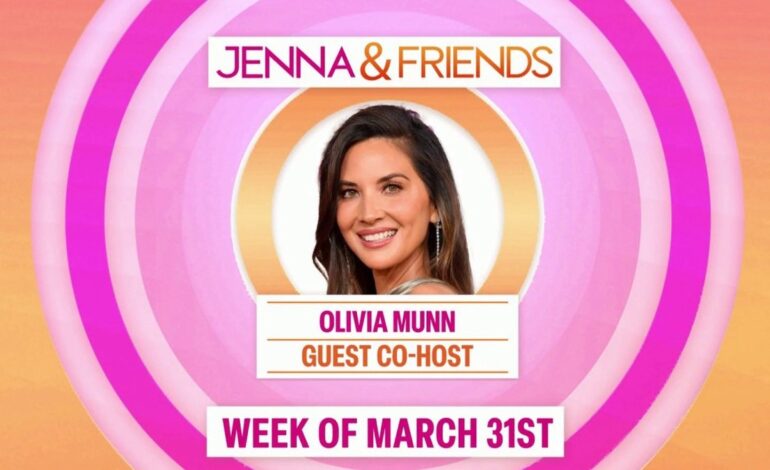How Mixed-Race AAPI Stars Wrestle With “White-Passing” Labels

Let’s be real: mixed-race AAPI celebs are still stuck answering the dreaded “But where are you from?” question—and Hollywood’s “racially ambiguous” checkbox isn’t helping. Actors from Olivia Munn to Bowen Yang have opened up about how casting directors, red-carpet scribes, and random fans keep guessing everything but the right mix.
Olivia Munn has been candid about this since at least 2015, when she told The New Yorker that she routinely heard, “You don’t look Asian enough,” only to get tagged as “too Asian” in roles the next season. She doubled down in a 2016 Vanity Fair profile, explaining that studios love her “universal face” until it messes with their neat racial boxes.
Lana Condor, fresh off her “To All the Boys” fame, admitted to Variety in 2020 that she’s auditioned for “white” parts and “Asian” parts—and somehow never fit. She quipped, “I’m too white for Asian roles, too Asian for white roles,” a line that landed headlines (and thousands of retweets) after her Netflix premiere.
Nicole Scherzinger also weighed in back in a 2017 People Magazine interview, recalling how people assumed she was white until they heard her accent. “I grew up with five cultures at the dinner table,” she said, “yet folks still got my heritage wrong.” Her experience underscores how the “white-passing” badge can erase multiracial nuance.
Darren Criss added another layer when Complex asked him about his Filipino roots in 2018. He laughed about people slapping a single label on his face—“Sometimes I get asked if I’m half-Irish, then a second later ‘Are you Asian?’”—and how it cheapens the real effort to represent his mixed family.
Then there’s Bowen Yang, who revealed to NPR this spring that he’s tired of being every type of “ambiguous” at industry mixers. He joked, “My face is like a puzzle and nobody has the box art.” But behind the punchline is a pointed call for more authentic Indigenous and Asian storylines, not just skin-deep color checks.
These confessions show that “racially ambiguous” isn’t a compliment—it’s a casting trope that leaves multiracial AAPI stars in limbo. If Hollywood wants diverse faces, it needs to write beyond the white-passing script. Anyway, keep us posted next time someone tries to guess your heritage.
Sources: Celebrity Storm and People Magazine, Vanity Fair, Variety, Complex, NPR
Attribution: Creative Commons Licensed




